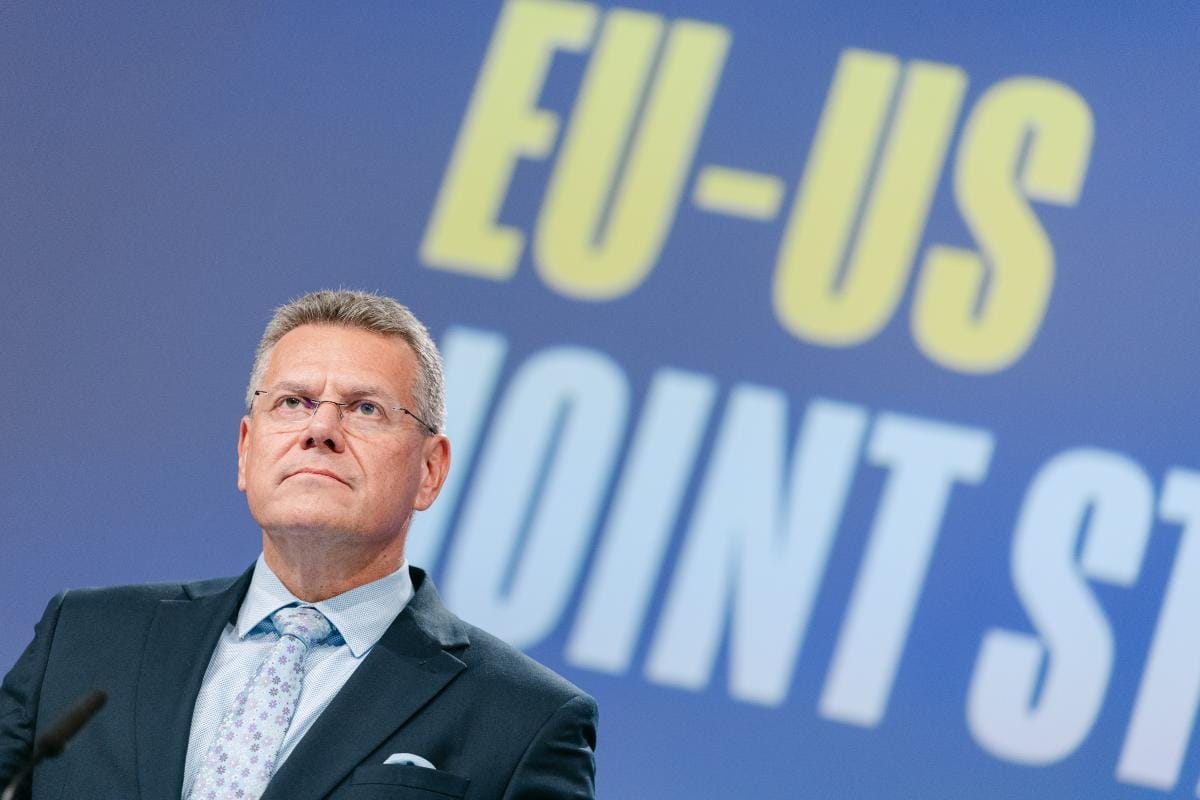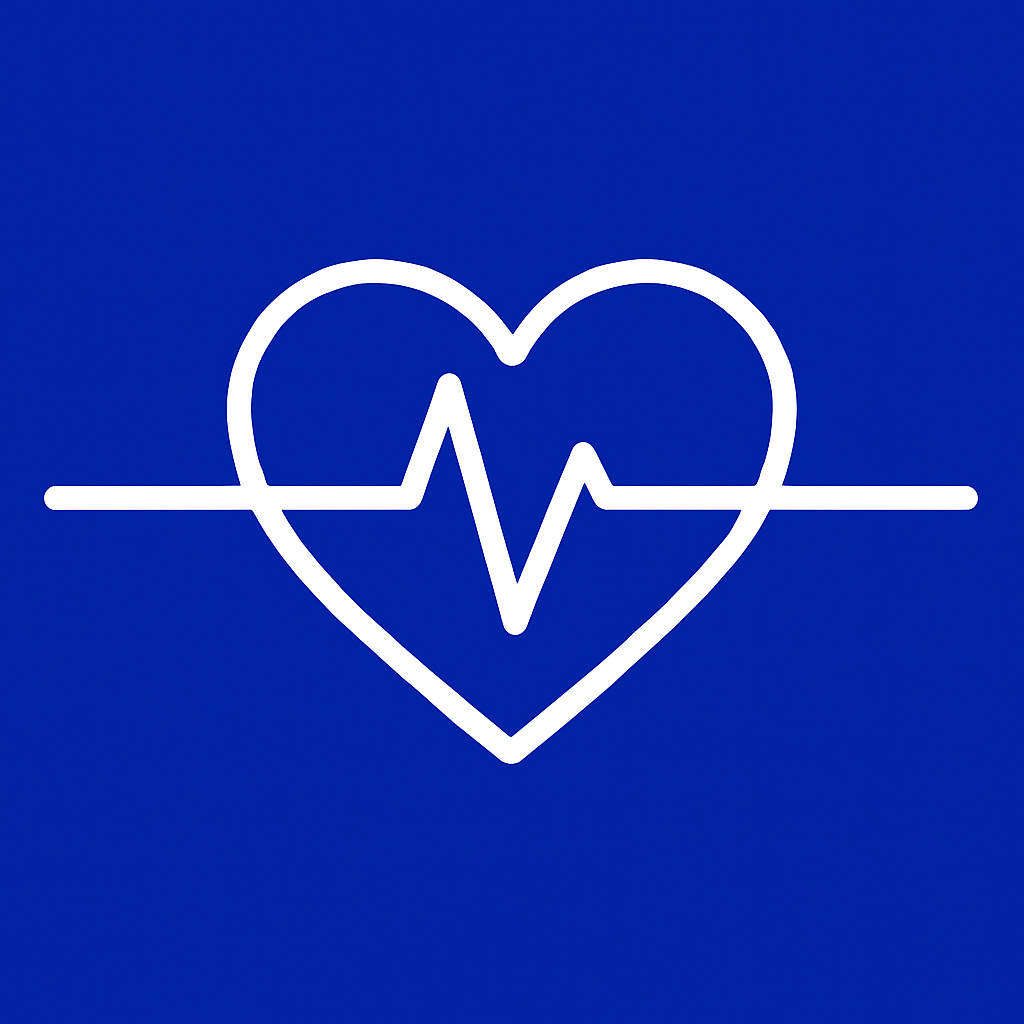EU calms fears as Trump tweet raises alarm on tariffs – but drug-pricing pressure remains
Concern over a tweet threatening to impose 100% tariffs on pharma companies was quickly quelled, but concerns on pricing remains

A late-night social media post from US President Donald Trump sparked alarm across the pharmaceutical industry, but while concerns over tariffs were quickly calmed, pressure on drug pricing remains very real.
Tariff threat sparks confusion
On Thursday evening (25 September), Trump announced on X that starting 1 October he would impose a 100% tariff on any branded or patented pharmaceutical product, unless the company in question “IS BUILDING” a manufacturing plant in the United States.
According to the post, “is building” refers specifically to projects where companies have already broken ground or where construction is underway. In such cases, Trump emphasized, “there would be no Tariff on these Pharmaceutical Products if construction has started.”
The comments came despite the fact that the EU and US are currently implementing their 21 August Joint Statement commitments, which set a 15% ceiling on tariffs while exploring further exemptions.
EU reassures
The tweet initially raised alarm, but the European Commission quickly reassured journalists that the agreement with Washington remained intact. The 15% ceiling, the Commission confirmed, also applies to the outcome of any Section 232 investigation—a mechanism that allows the US to impose tariffs or import restrictions if imports are deemed to threaten national security.
The Commission highlighted that the EU is the only trade partner to secure such an arrangement with the US.
Irish Deputy Prime Minister Simon Harris further reassured stakeholders, tweeting that Trump’s new tariffs would not apply to the EU. He confirmed that the EU-US framework agreement would be respected, calling the exemption “further proof of the benefit of having a negotiated trade agreement and the benefits of the very intensive work [...] at a European Union level undertook over many months.”
Pharma companies emphasize US investment
Most global pharmaceutical companies already have significant investments in the US, but have nonetheless sought to underscore their ongoing and increased commitments.
Novartis told Vital Signs that its $23 billion investment in US-based infrastructure is progressing as planned, ensuring that “all key Novartis medicines for US patients will be made in the United States.” The Swiss drugmaker confirmed that multiple projects are under construction, with five new sites scheduled for completion before the end of the year. As a result, Novartis said it does not expect the threatened 100% tariff to affect its operations.
The bigger issue: drug pricing
Even with the tariff scare largely diffused, a larger challenge looms: drug pricing.
On 31 July, Trump sent letters to 17 leading pharmaceutical companies, warning that the US would “deploy every tool in our arsenal to protect American families from abusive drug pricing practices.” These letters followed an earlier Executive Order on what he calls “most-favored-nation prescription drug pricing".
Trump has repeatedly criticized what he calls “freeriding” by European and other developed nations:
“In case after case, our citizens pay massively higher prices than other nations pay for the same exact pill, from the same factory, effectively subsidizing socialism abroad with skyrocketing prices at home. So we would spend tremendous amounts of money in order to provide inexpensive drugs to another country.”
Drug pricing reform has bipartisan appeal in the US, but Trump’s approach could have unpredictable consequences. US drug pricing remains opaque and in Europe government bodies typically negotiate prices directly. A possible outcome is that pharmaceutical companies raise prices in Europe to offset pressure in the US—potentially in an effort to avoid Trump’s ire.
EU Pharma Package in focus
These developments coincide with the EU’s ongoing trilogue negotiations between the European Parliament, Council, and Commission on the future of the Pharma Package and as discussions continue on the Critical Medicines Act. The current geopolitical climate and renewed emphasis on competitiveness are likely to bolster the position of large pharmaceutical firms and smaller innovative firms, which are eager to avoid additional obligations and preserve their existing regulatory exclusivity.
